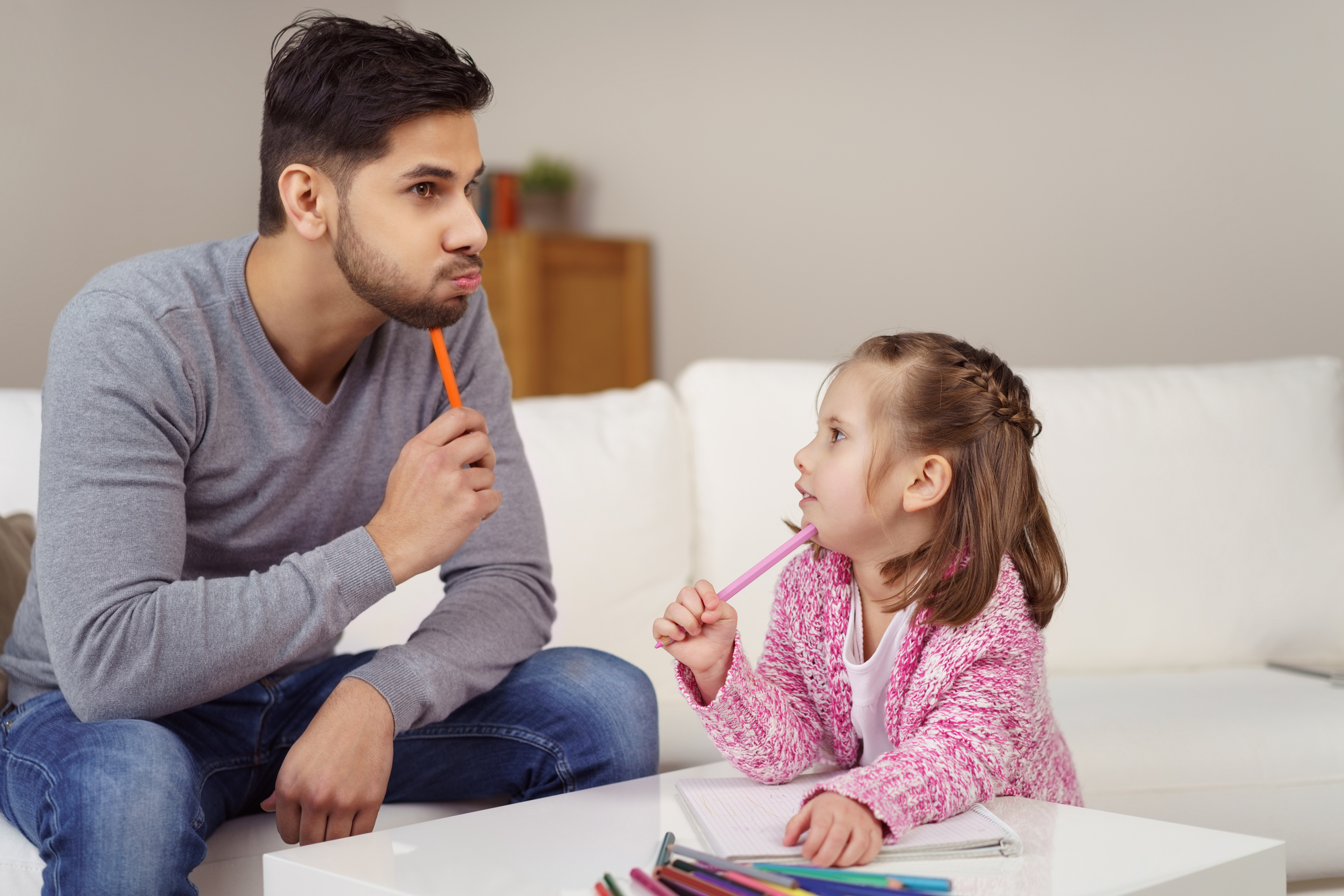As the spread of the coronavirus continues to gain momentum globally, children are being exposed to frequent media updates, panicked behaviour, and anxious conversations. It’s only natural that they will have a lot of questions about the pandemic, so it’s important that adults can answer these questions appropriately to help reduce children’s anxiety.
-
Educate yourself
Before you talk to your children about the coronavirus, make sure you inform yourself so you can give clear and factual information that is appropriate to the child’s age and developmental level.
-
Keep explanations age appropriate
Early primary school students need brief, simple information that should balance COVID-19 facts with appropriate reassurances that their schools and homes are safe and that adults are there to help keep them healthy and to take care of them if they do get sick. Give simple examples of the steps people take every day to stop germs and stay healthy, such as washing hands. Use language such as “adults are working hard to keep you safe.”
Upper primary school students will be more vocal in asking questions about whether they truly are safe and what will happen if COVID-19 comes to their school or community. They may need assistance separating reality from rumor and fantasy. Discuss efforts of school and community leaders to prevent germs from spreading.
Secondary school students can discuss the issue in a more in-depth (adult-like) fashion and can be referred directly to appropriate sources of COVID-19 facts. Provide honest, accurate, and factual information about the current status of COVID-19. Having such knowledge can help them feel a sense of control.
-
Remain calm
Adults need to try and keep perspective and not buy into others’ fearful behaviours. While it’s important to be prepared, how you communicate and exhibit this to your children will have a big impact on how they feel about the coronavirus pandemic.
-
Encourage kids to talk about their feelings
Encourage children, but don’t force them, to talk about their thoughts and feelings about coronavirus and anything else they are worried about. Reading books about feelings and telling made up stories can help provide children with the language they need to tell you how they really feel. Listen to what they have to say and let them know it is normal to think and feel that way. If they are struggling to put their feelings into words, try creative activities like painting and drawing.
-
Answer questions and be positive
Correct any misinformation and put things into perspective. This is just temporary. Expect that children might ask the same questions over and over as they try to make sense of the information.
-
Reassure children (and leave them with a feeling of security and hope)
Let children know that there are people all over the world working hard to make sure we stay safe, and that these people are very good at their job. Do calming activities with children who are distressed. Reassure children that you are watching out for them and make sure you give them heaps of cuddles and hugs.
-
Encourage children to stay connected
Although we are being encouraged to remain physically distant, it is vital we stay socially connected. By embracing technology, you and your children can connect safely with loved ones, through phone calls, emails, face time, and social media. If those more immediate means are not available, writing letters is another great way to keep connected!
-
Look after you!
Make sure you look after yourself! When parents are feeling cared for themselves, they are better able to respond to the needs of their children.
If your child is feeling anxious and you would like some support, please contact Youthrive to find out about our online and over the phone therapy options.
To view on YouTube:
You may also like to read:









